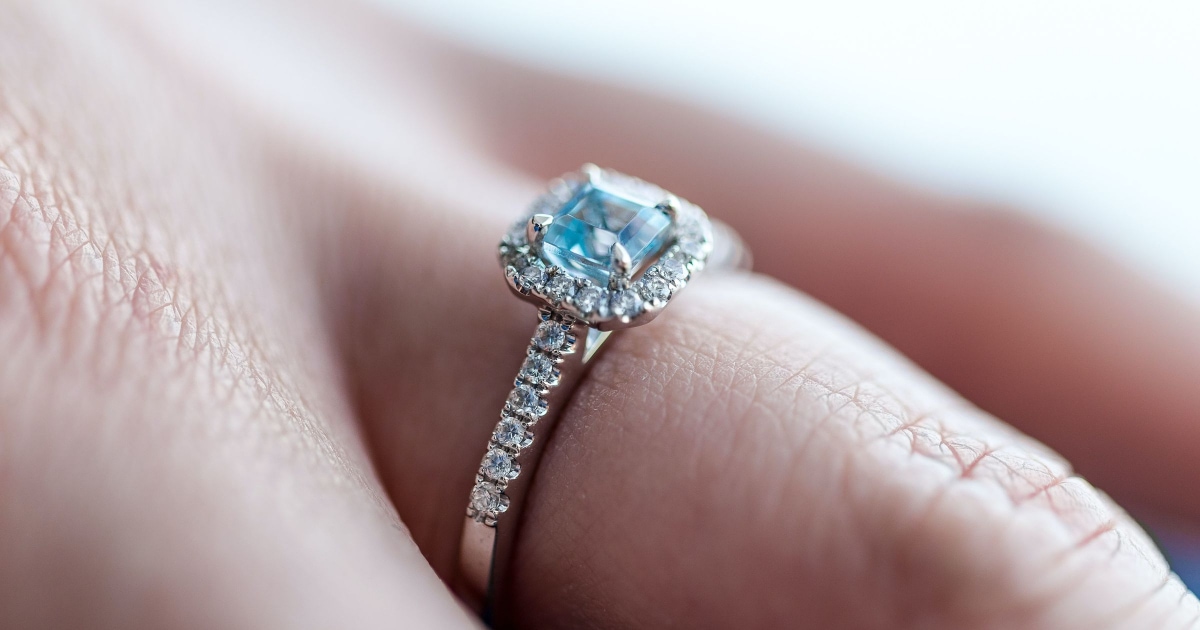
In a world where love and commitment are celebrated with symbols of eternal devotion, the traditional engagement ring has long reigned as the ultimate token of affection. However, beneath the sparkling façade lies a dark reality that many are unaware of – the hidden costs and ethical dilemmas associated with traditional diamond mining. Fortunately, there exists a shining beacon of hope: the rise of ethical engagement rings.
When it comes to selecting the perfect engagement ring, most envision a dazzling diamond solitaire nestled atop a gleaming band. Yet, few consider the journey that diamond took to adorn their beloved’s finger. This is where the concept of ethical engagement rings emerges as a transformative alternative. With the growing awareness of the environmental and humanitarian concerns surrounding traditional diamond mining, more couples are seeking out ethical options that align with their values.
Ethical engagement rings offer a refreshing departure from the murky origins of traditional diamonds. These conscientiously crafted rings are adorned with conflict-free diamonds or alternative gemstones sourced through sustainable and ethical means. By choosing an ethical engagement ring, couples can symbolize their commitment without perpetuating the cycle of exploitation and environmental degradation often associated with traditional diamond mining.
One of the primary sources of ethical engagement rings is the burgeoning market of lab-grown diamonds. These diamonds are cultivated in controlled laboratory environments using cutting-edge technology that replicates the natural diamond-growing process. Unlike traditional mining, which often involves hazardous working conditions and contributes to ecological harm, lab-grown diamonds offer a cruelty-free and environmentally sustainable alternative.
In addition to lab-grown diamonds, ethical engagement rings may feature other responsibly sourced gemstones such as sapphires, rubies, or emeralds. These gemstones are sourced from mines that prioritize fair labor practices, environmental stewardship, and community development. By opting for these ethically sourced alternatives, couples can adorn themselves with symbols of love that are as beautiful on the inside as they are on the outside.
Beyond the ethical considerations, choosing an ethical engagement ring also allows couples to express their individuality and creativity. With a diverse array of designs and materials to choose from, ethical engagement rings offer endless possibilities for customization. Whether it’s a vintage-inspired setting, a minimalist band, or a unique combination of gemstones, couples can create a one-of-a-kind ring that reflects their personal style and values.
Furthermore, ethical engagement rings are not just a symbol of love between two individuals but also a commitment to making a positive impact on the world. By supporting ethical jewelry brands and artisans, couples can contribute to a more sustainable and equitable future for the jewelry industry. In doing so, they can inspire others to embrace ethical consumption and foster greater transparency and accountability within the market.
In conclusion, the traditional engagement ring may carry a hidden shame born from the ethical and environmental concerns of its origins. However, this shame can be transformed into an opportunity for change through the embrace of ethical alternatives. Ethical engagement rings offer couples the chance to symbolize their love in a way that is both beautiful and conscientious, empowering them to make a meaningful difference with every sparkling gemstone.